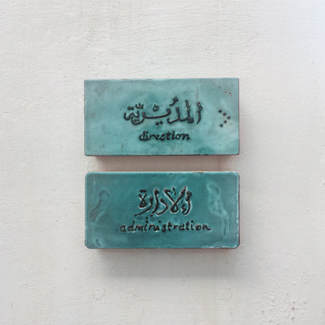
Book Project:
To Rig the Rules or to Break the Rules: The Politics of Electoral Manipulation in Autocracies
My book project investigates why some autocrats use extensive fraud to control election results whereas others do not. In order to answer this question, I highlight a set of domestic conditions – namely, lack of social cohesion and citizen networks – under which we expect to observe high levels of fraud. I also argue that colonial history and the need for international legitimacy matter. Where incumbents cannot employ blatant fraud due to the aforementioned domestic factors, they resort to more subtle forms of electoral manipulation: changing election rules. In other words, outright fraud and subtle manipulation operate as partial substitutes.
Noh, Yuree, Sharan Grewal, and M. Tahir Kilavuz. “Regime Support and Gender Quotas in Autocracies.” FirstView, American Political Science Review.
Noh, Yuree. “Public Opinion and Women’s Rights in Autocracies.” FirstView, Politics & Gender.
Noh, Yuree and Marwa Shalaby. “Who Supports Gender Quotas in Transitioning and Authoritarian States in the Middle East and North Africa?” Revise & Resubmit, Comparative Political Science.
Cheng, Chao-yo and Yuree Noh. “Electoral Institutions and Repression in Dictatorships.” Revise & Resubmit, Electoral Politics.
Cheng, Chao-yo, YuJung Julia Lee, Galen Murray, Yuree Noh, Johannes Urpelainen, and Joseph Van Horn. 2020. “Vested interests: Examining the political obstacles to power sector reform in twenty Indian states.”Energy Research & Social Science 70.
Other Writings (Selected)
“The Muslim Brotherhood in Kuwait: Social Activism to Political Prominence.” Memo prepared for the Workshop on Islamists and Local Politics Conference, Program on Governance and Local Development and Project on Middle East Political Science, Brastad, Sweden, June 13-15, 2017.
“Kuwaitis voted Saturday. Opposition gains send a strong signal about the economy.” The Washington Post, Monkey Cage. November 29, 2016, with Marwa Shalaby